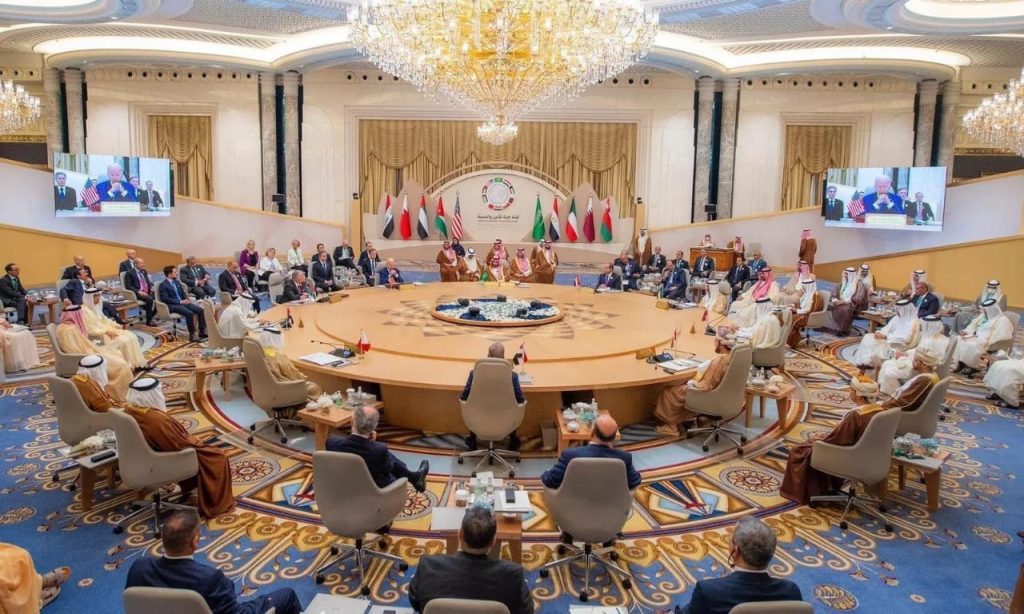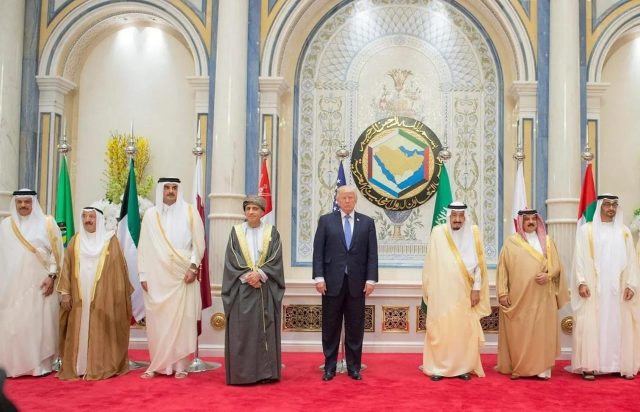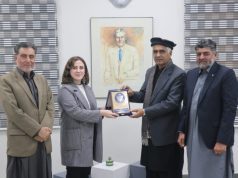RIYADH, Tuesday, May 13, 2025 (WNP): The longstanding strategic partnership between the Gulf Cooperation Council (GCC) member states and the United States continues to evolve, grounded in robust ties and shared interests across political, economic, defense, and cultural domains. This enduring alliance is supported by a structured framework of joint working groups that monitor cooperation and ensure implementation in critical sectors.
Since the inaugural GCC-US summit at the White House on May 13, 2015, the relationship has deepened, underscored by high-level meetings and tangible progress. At that historic summit, both sides reviewed avenues to strengthen cooperation, address regional security threats, and advance common goals. Discussions included the Iranian nuclear issue and mechanisms to safeguard regional stability.

A follow-up summit at Camp David on May 14, 2015, saw GCC leaders and then-President Barack Obama reiterate their commitment to reinforcing defense and security ties and jointly tackling regional challenges.
That momentum continued with the April 2016 Riyadh summit, hosted by King Salman bin Abdulaziz Al Saud, where both sides affirmed their shared vision for peace, prosperity, and stability in the region. Leaders reviewed the progress made since the Washington and Camp David meetings and reiterated their support for the 2002 Arab Peace Initiative as a framework for resolving the Israeli-Palestinian conflict through a two-state solution.
In May 2017, the GCC and the United States held another summit in Riyadh, chaired by King Salman and attended by President Donald J. Trump, further solidifying the strategic alliance.
Significantly, the Jeddah Security and Development Summit in July 2022—led by Crown Prince and Prime Minister Mohammed bin Salman—brought together leaders from the GCC, United States, Jordan, Egypt, and Iraq, reflecting Saudi Arabia’s central role in regional diplomacy and security.
To ensure sustained cooperation, ten specialized joint working groups were established to address counterterrorism, cybersecurity, defense modernization, missile defense, and other critical areas. Ministerial-level meetings have followed consistently, including the most recent in New York in September 2024, where GCC foreign ministers and U.S. Secretary of State reaffirmed their mutual commitment to this strategic alliance.
The Palestinian issue featured prominently in recent engagements, with ministers expressing support for a two-state solution based on 1967 borders and backing international initiatives like the 2002 Arab Peace Initiative. Regarding the ongoing crisis in Gaza, the ministers called for an immediate and sustainable ceasefire, the release of hostages, and unhindered humanitarian access, aligning with President Joe Biden’s framework and UN Security Council Resolution 2735. Mediation efforts by Qatar, Egypt, and the U.S. were praised, alongside the role of UNRWA in humanitarian aid delivery.
Trade and investment also remain central pillars of the GCC-US relationship, with bilateral trade surpassing $180 billion in 2024. Defense collaboration has further intensified through joint initiatives like the Integrated Air and Missile Defense and Maritime Security Working Groups.
Looking ahead, Riyadh will host another pivotal GCC-US Summit tomorrow, which is expected to open a new chapter in this strategic partnership. Anchored in the vision of the Custodian of the Two Holy Mosques, the summit aims to strengthen joint Gulf action and enhance coordination on emerging political and security challenges.
In an increasingly complex global landscape, these summits underscore the enduring alignment of interests and shared responsibility between the Gulf states and the United States in maintaining regional and international peace, security, and prosperity.




